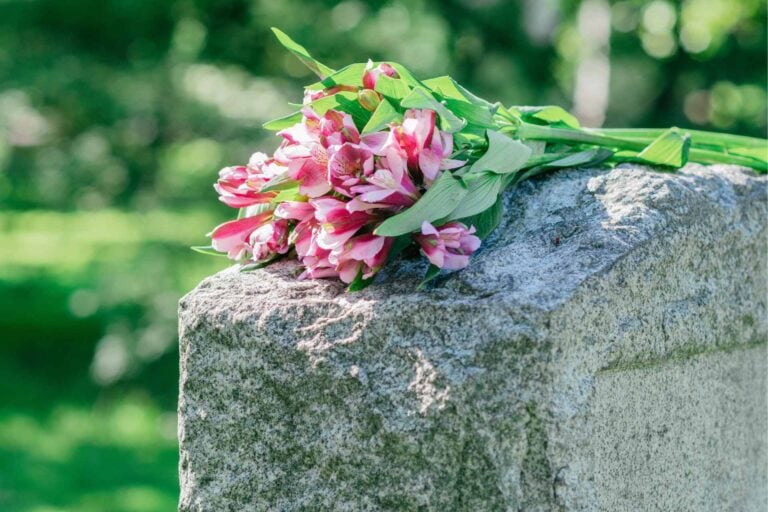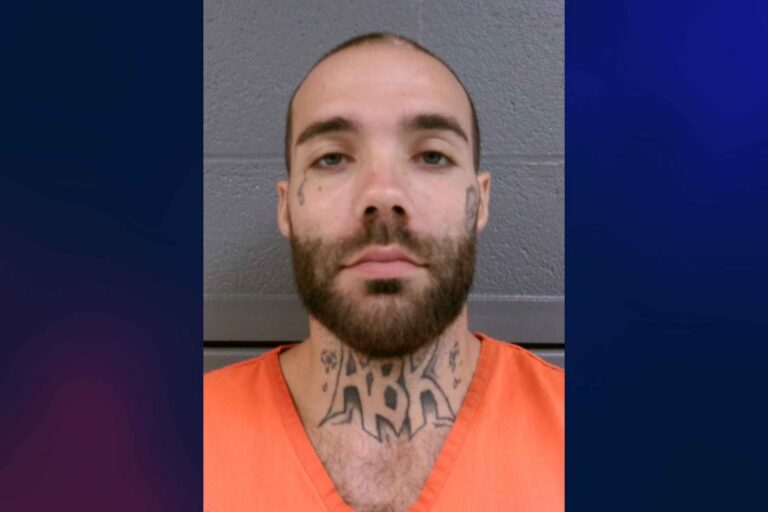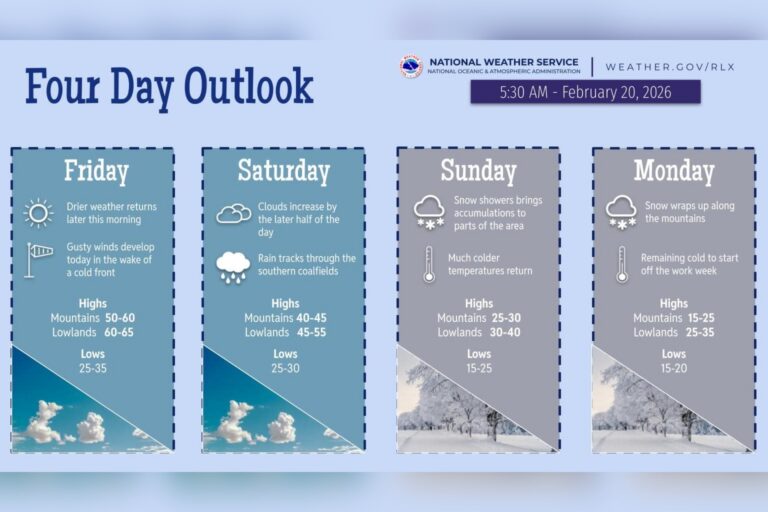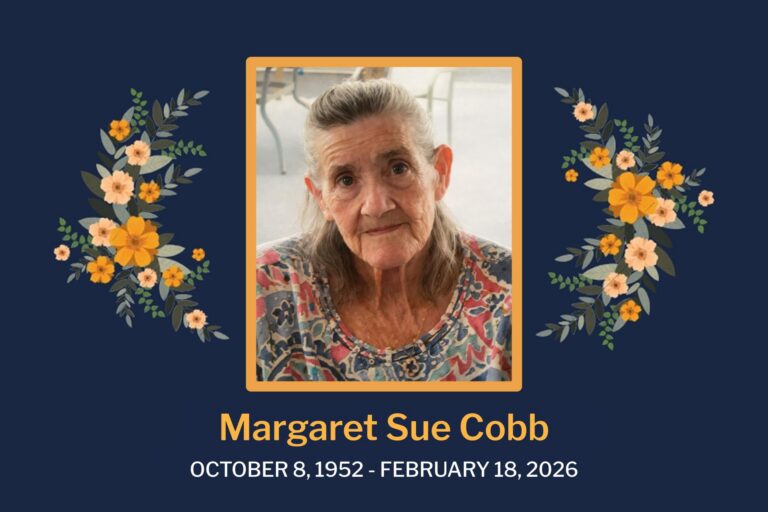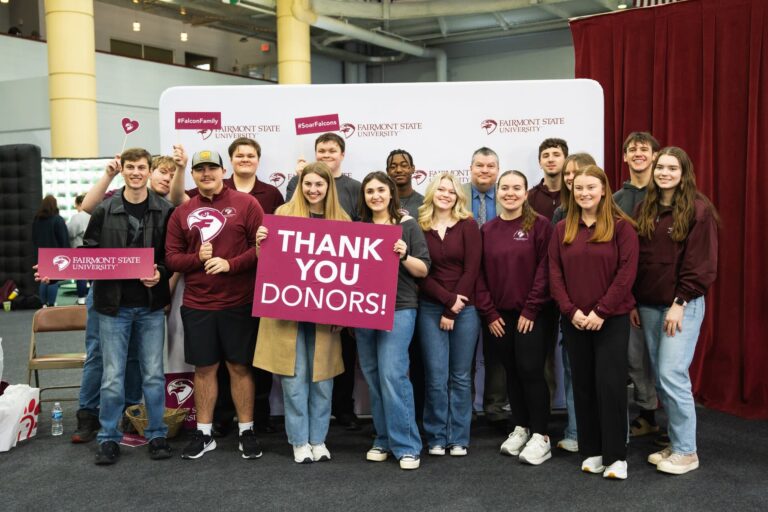BUCKHANNON – Upshur County Commissioners on Thursday learned more about the black vultures that have appeared in the Victoria Hill neighborhood and ultimately decided to enlist the services of a wildlife agency to drive off the birds in a non-lethal manner.
Several community members have made complaints about the black vultures and the damages they have caused to property, but these birds are also protected, wildlife officials told the commission at its weekly meeting.
The commission heard from Thomas Elliot, wildlife biologist/district supervisor with the U.S. Department of Agriculture’s Animal and Plant Health Inspection Service – or APHIS – Wildlife Services about the black vultures.
“The black vulture is a federally protected species because it is a bird of prey,” Elliott said. “It’s protected under the Migratory Bird Treaty Act, which is regulated by the U.S. Fish and Wildlife Service.”
He said the black vulture is not native to North America, but they began migrating from Central and South America 45 years ago.
“We thought, ‘well, it’s just going to disperse and go everywhere when it got here,’ and instead it turned and went around and just went up the East Coast [of the U.S.],” Elliott said.
He said in the last 15 years West Virginia has basically been invaded by the bird, and they originally lived mostly on the eastern side of the Mountain State, but now they can be found all over.
“Those birds are coming into an area where everybody thinks they are scavengers, because normally we think of the turkey vulture with the red head,” Elliott said. “He’s a scavenger, but the black vultures are actually more than that, they’re predatory. They’re likely to kill livestock, they’ll kill pets and they are very destructive to people’s property.”
The birds like to get on houses, buildings and cars and rip the rubber trim off. He said while the birds don’t like to eat rubber, they do have a penchant for peeling it off buildings, which can lead to leaks in roofs. They also like to rip off shingles and swimming pool covers, Elliott added.

“They’re a very destructive bird, and there’s not really any true predator for them,” he said. “They are kind of intimidating everybody else even though they’re not that big of a bird. You don’t need to have a lot of them … they get real hateful and they’ll get bossy and they’ll run pets off.”
Elliott said he gets calls from people in residential areas, and they say the birds are sitting on their cars and ripping the rubber off their windshield.
“The first thing I say to them is, ‘did you hurry up and wash your car?’ because they defecate on the car and it is very acidic, so it eats the paint off the car,” Elliot explained.
Since the birds are protected, a person cannot kill them or harm them in any way, but he said people are allowed to non-lethally harass the birds, so they find property unappealing.
“We encourage people to do non-lethal harassment. You do not need a permit from the state of West Virginia to non-lethally harass them,” Elliott said. “But understand it’s something that has to be ongoing – it’s not a one-time fix or one- or two-day fix.”
He said people can utilize non-lethal harassment, including effigies.
“If you’re not familiar with an effigy, you might think of somebody hanging a dead crow up in a garden, that’s an effigy. Certain birds will respond to that,” Elliott said.
He said when his department is brought in to help remove vultures, they utilize non-lethal harassment.
“If we’re requested to do the work, we’re going to have to come in and we’re going to usually set the trap to catch some and remove them,” Elliott said. “We’ve been asked to work on the research that they’re trying to do and it’s actually starting to take off nationwide.”
“That’s because the birds have come in, and nobody really knows how many got up here, so we’re doing some work where we come in and try to remove some, but we’ll take some of them and put tags on them so we can track where they go when they have this bad experience, because that allows us to figure out the population that we’re dealing with, as well as the movement area,” he added.
Elliott explained that people will think they have 100 black vultures in their backyard, but really there could be three to five times that many because the birds move in a rotational pattern, and USDA APHIS Wildlife Services is trying to figure out how that works now.
“When we come in there and try to do something, we know we can’t get them all. But we’re wanting to bust up the rotation,” Elliott said. “Now, they have to figure out somewhere else to go or disperse into smaller numbers.”
Elliott said it would cost the commission an estimated $5,542 for the work his agency would do to drive off the birds over a 12-month period.
“Being that we are a federal agency, that quote [includes] what we charge for our time, mileage and supplies, and that’s what that comes up to,” Elliott said. “If we get done before the quote is reached, then you will never be charged for that extra amount.”
He said if the commission agreed to the quote, then they would sign a cooperative service agreement, and it would also be signed by Elliott’s state director; then the agency could start the work.
“Now I will tell you, we can help you, but black vultures may always be around. The idea is to bust up the groups and with wildlife, there is no automatic fix,” Elliott said. “We are trying to make them feel like they are in a bad area, and some places they never come back, but others, they try to come back to.”
Commissioner Terry Cutright made a motion to sign the cooperative service agreement and make the payments on a quarterly basis, which was seconded by commissioner Kristie Tenney prior to passing.











